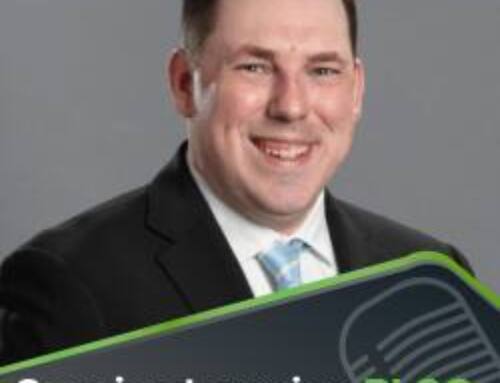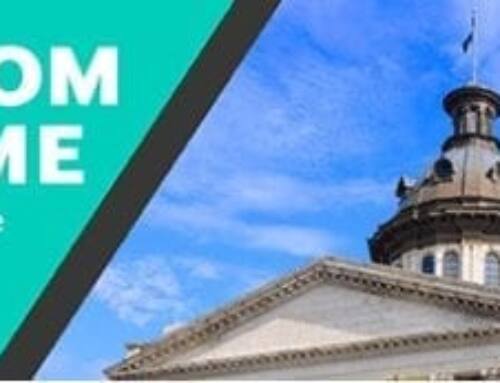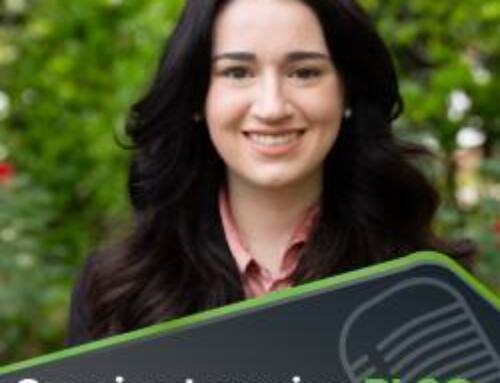Last year, the passage of S.812 significantly updated the Accounting Practice Act. Almost as soon as the ink dried on the bill, task forces began drafting revisions to the regulations to align with the new law. SCACPA and the Board of Accountancy worked to update Chapter 1 of the South Carolina Code of State Regulations as they pertain to the Department of Labor, Licensing, and Regulation – Board of Accountancy.
Regulations provide specific guidelines for enforcing statutes. While the legislature enacts statutes, regulations are enacted by administrative agencies (in this case, the LLR and Board of Accountancy). Because so many changes occurred in the Accounting Practice Act, the regulations had to be updated to remain consistent with the statute and further define and operationalize the revised law. The South Carolina House Regulations & Administrative Procedures Committee approved these regulations on March 30, which will go into effect on May 27, 2023.
Nearly 20 previous regulations were removed as they were redundant with the updated statute. Important changes include several CPE updates, such as removing limitations on self-study hours and non-technical topics.
The annual continuing education requirement still stands at 40 credit hours of acceptable CPE each year. As a reminder, there is no longer a Board-approved ethics course. South Carolina CPAs must earn two credit hours of any type of ethics annually. The law details this requirement, so the conflicting language in the regulations was removed.
The regulations change how to account for incremental CPE credits. The requirement that a CPE course must be at least 50 minutes to qualify for credit remains. After the first 50 minutes of learning, the credit hours are broken into 10-minute increments, or 1/5 credit hours (previously ½ hours).
Credits earned from professional development topics are no longer capped. Before, a CPA had restrictions on the percentage of the CPE requirement that could be fulfilled through personal development topics. The cap has been removed, so CPAs may earn CPE from topics on leadership, time management, career planning, and more as they need. Similarly, self-study credit is no longer limited and can be used for carry-over credit. Previously, self-study could not account for more than 50% of the required CPE.
Nano-Learning is designed to allow you to control the time, place, and pace of learning about a topic in 10-minute increments through electronic means and without interaction from a real-time instructor. Up to 5% of the annual required CPE credit hours may be from Nano-Learning programs.
Language was added to ensure the new CPA Retired Status. This status is intended for CPAs who are at least 55 years old, work no more than 20 hours per week, and do not perform attest or compilation services. These CPAs may apply to the Board of Accountancy for this status. The retired license requires half of the required hours (20 hours).
Should you have questions, please reach out to us, and we will point you in the right direction. We express our gratitude for our relationship with the Board of Accountancy in that we recognize the benefits of each other’s roles within the profession and continue to work cooperatively.
Additional Wins:
With the first half of the South Carolina 2023-24 legislative season behind us, we are happy to share some more successes. Many thanks to our volunteer advocates and members of our Governmental Affairs committee for their work on these initiatives. With their fortitude, we have much to look forward to in the second half of the session in 2024.
Federal Tax Conformity received the governor’s signature on May 16. Each year, SCACPA works closely with the South Carolina Department of Revenue to usher this important update through the legislative process. Federal Tax Conformity aligns the state’s internal revenue code with the federal code, saving practitioners and taxpayers time and money.
The Municipal Audit bill is on its way to the governor’s desk for signature. SCACPA cooperated with several entities, including the Municipal Association, to help answer questions regarding reporting for lower-revenue municipalities. The bill was successfully passed, and SCACPA appreciates the opportunity to work with the Municipal Association of South Carolina.
The LLR gained approval for a fee increase for licensure renewal. South Carolina CPAs and firms will see this increase on their licensure renewals later this fall. This is the first fee increase since the 1980s. The increase will help ensure that the Board of Accountancy can continue to manage its regulatory efforts, protect the public, and remain strong.



